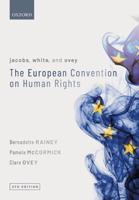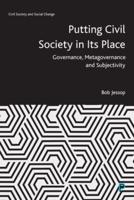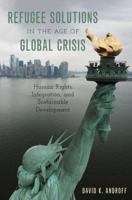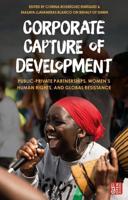Publisher's Synopsis
Severe human rights problems were widespread. Sectarian hostility, widespread corruption, and lack of transparency at all levels of government and society weakened the government's authority and worsened effective human rights protections. Iraqi Security Forces (ISF), members of the Federal Police, and the Peshmerga committed some human rights violations, and there continued to be reports of PMF killing, torturing, kidnapping, and extorting civilians. Nonetheless, the terrorist organization Da'esh committed the overwhelming majority of serious human rights abuses, including attacks against: civilians, (particularly Shia but also Sunnis who opposed Da'esh); members of other religious and ethnic minorities; women; and children. Observers also reported other significant human rights-related problems: harsh and life-threatening conditions in detention and prison facilities; arbitrary arrest and lengthy pretrial detention, sometimes incommunicado; denial of fair public trial; insufficient judicial institutional capacity; ineffective implementation of civil judicial procedures and remedies; arbitrary interference with privacy and homes; child soldiers; limits on freedom of expression, including press freedoms; violence against and harassment of journalists; undue censorship; social, religious, and political restrictions in academic and cultural matters; limits on freedoms of peaceful assembly and association; limits on religious freedom due to violence by extremist groups; restrictions on freedom of movement; refugee and IDP abuse; both forced IDP returns and preventing IDPs from returning home; discrimination against and societal abuse of women and ethnic, religious, and racial minorities, including exclusion from decision-making roles; trafficking in persons; societal discrimination and violence against lesbian, gay, bisexual, transgender, and intersex (LGBTI) persons; seizure of property without due process; and limitations on worker rights.










